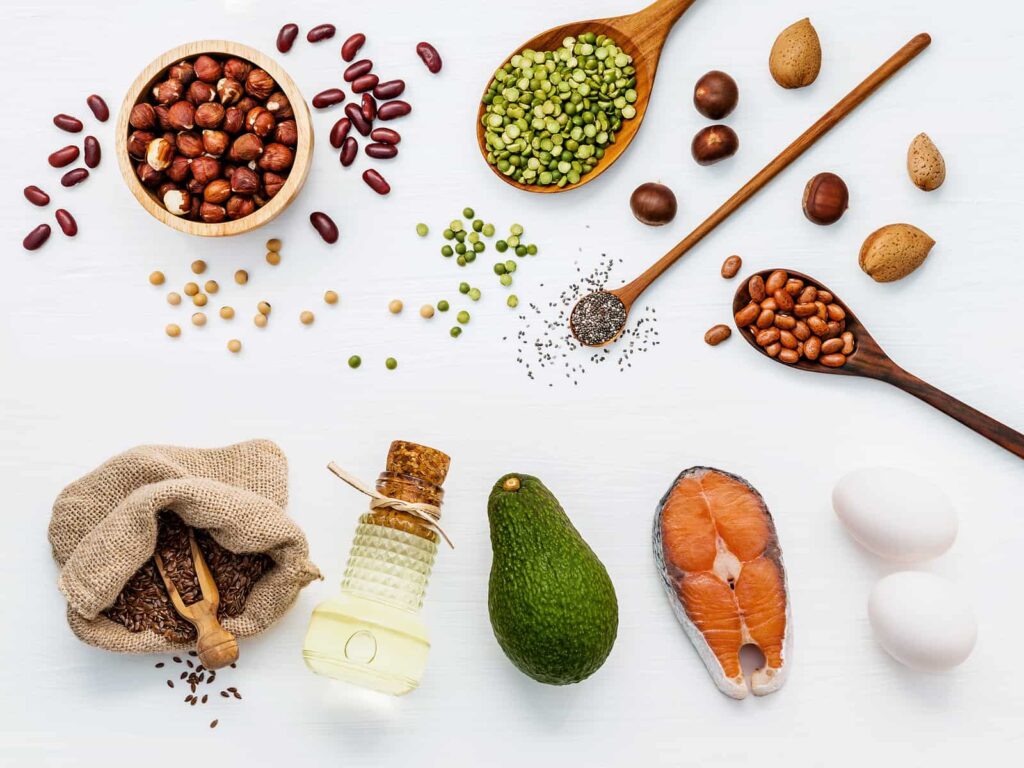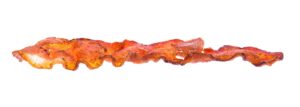
Drug and alcohol addiction saps our bodies of the essential vitamins and nutrients we need to stay healthy and feel our best. In this post, we’ll show you how to eat a healthy diet for recovering addicts and what foods to avoid at all costs. Here’s what you’re about to learn:
- What to eat to help your brain work better
- What to eat to help your body feel better and run more efficiently
- What to eat for a stronger immune system
- What to eat for long-lasting energy throughout the day
We hope you’re hungry for information, because you’re about to get a four-course meal. Let’s dig in!
Nutrition for Addicts
Drug and alcohol addiction robs your body of nutrients leading to decreased energy levels, increased inflammation and a weakened immune system. Without a healthy diet, recovering addicts may experience these and other health-related effects of addiction long after they stop using drugs. This is why good nutrition is so important – especially for addicts.
What to Eat for Better Brain & Body Health
Foods rich with omega-3s: This essential fatty acid is known for its anti-inflammatory effects. It can also help improve depression, anxiety and ADHD. It’s not just good for your mental health, either. The benefits of omega-3 fatty acids extend to other parts of your body like your heart and eyes.
How to get them: Certain types of fish are chock full of omega-3s. Salmon, tuna, pollock, mackerel and cod contain some of the highest levels. Not a seafood person? Avocados, eggs and olive oil are your next best bet.

Foods high in protein: Habitual drug use wreaks havoc on the way our brains produce and respond to the neurotransmitter, dopamine. Amino acids like the ones found in protein are essential for neurotransmitter production and for nurturing a recovering brain. Protein is also great for building muscle mass, especially when combined with plenty of exercise.
How to get it: Meat is probably the most obvious source of protein. If you’re a carnivore, try to choose leaner meats like fish and poultry, but even an occasional steak or burger is ok. If meat is not your thing, double down on walnuts and other nuts.
Foods containing iron & vitamin E: People who are iron-deficient may have a harder time with memory and attention span. Iron also helps us metabolize protein, reduce fatigue and increase our energy levels. Vitamin E, on the other hand, is great for protecting the brain and body from harmful free radicals.
How to get them: Most of us know we’re supposed to eat our veggies, and there’s a very good reason to do so. Dark green vegetables like kale and spinach are loaded with both iron and vitamin E. Not a fan of green, leafy things? Try some sunflower seeds. They may be tiny, but they pack a powerful punch of vitamin E.
Foods high in vitamin C: Vitamin C has long been known as an important component of a healthy immune system, but it also offers tons of other health benefits. Vitamin C is good for heart and eye health, and it may also help protect us from cancer and stroke.
How to get it: Citrus fruits like oranges, lemons, limes and grapefruits are all great sources of vitamin C. But, believe it or not, red and green peppers actually contain more of this essential vitamin than any of those citrus fruits.
Foods packed with antioxidants: When it comes to neutralizing free radicals and preventing damage to our DNA, antioxidants are where it’s at! Plus, they’re also great for heart health, eye health and warding off dementia.
How to get them: Antioxidants are found in lots of foods, most notably “superfoods” like blueberries and acai berries. But, you can also get them from coffee and dark chocolate containing at least 70% cacao. Yum!
Foods Recovering Addicts Should Avoid

This list probably won’t be too surprising to you. And, these foods aren’t just bad for recovering addicts, they’re bad for everyone. Eating too much of this stuff can increase our chances for all kinds of problems, from cardiovascular disease and high blood pressure to cancer. Just to refresh your memory, here are few things to watch out for the next time you hit the grocery store or go out for a bite to eat.
- Anything containing high-fructose corn syrup: It’s fake sugar with real health consequences
- Anything containing trans-fat: Also called “Partially Hydrogenated Oil”
- Foods high in sodium & nitrates: Sorry bacon, that goes for you too!
Make Nutrition Part of Your Ongoing Addiction Recovery Plan
Drug addiction rehab and recovery isn’t just about your use of drugs and alcohol. It’s about changing your whole lifestyle – from the way you cope with your emotions to the way you eat. This is why our addiction treatments address the person as a whole, including things like diet, exercise, relationships, co-occurring conditions and much more. If you or someone you care about is struggling with addiction, there’s hope at The Raleigh House.




